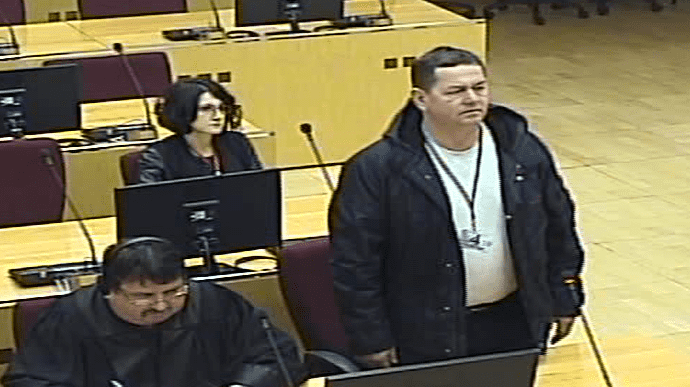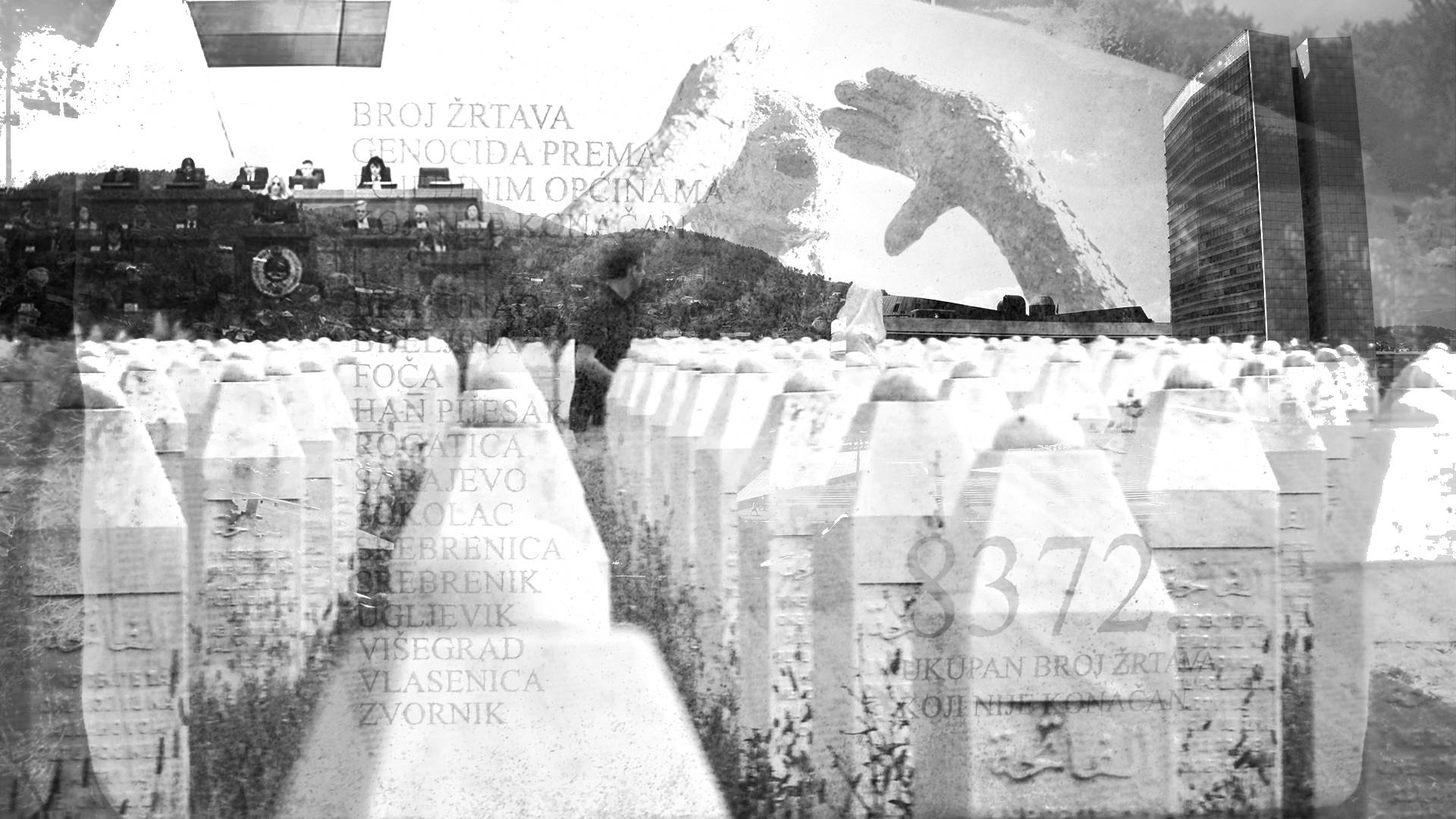The Department of War Crimes was established with the help of the international community, which in addition to financial aid, also provided technical assistance. Initially, two international and one domestic judge were members of the trial chambers. Seven years later, only judges and other staff from Bosnia and Herzegovina work in the Department of War Crimes.
The Department of War Crimes has sentenced 140 persons to a total of 1,881 years in prison.
In their verdicts, they have used facts established by the International Criminal Tribunal for the former Yugoslavia (ICTY), and sentenced ten persons who were transferred to them by the international court.
26 plea agreements were accepted at the Department of War Crimes, which handed down punishments of a total of 229 years in prison.
At the beginning of its work, the Department of War Crimes applied only the Criminal Code of Bosnia and Herzegovina, which was passed in 2003. In later years, and especially in the last two years, the laws of the former Yugoslavia have been increasingly applied in cases of genocide, war crimes against the civilian population and war crimes against prisoners of war.
The change in the application of law came after the European Court of Human Rights accepted two appeals and decided that the Criminal Code of the Former Yugoslavia is more lenient for perpetrators. Afterwards, the Constitutional Court of Bosnia and Herzegovina overturned 23 second instance verdicts and the length of the sentences were reconsidered.
More than 6,800 witnesses testified before the Department of War Crimes, and some of them have received protective measures in accordance with the Law on Protection of Endangered and Threatened Witnesses.
After its first few years of work, the Department of War Crimes has ordered custody measures for suspects and accused parties in order to ensure their presence at trials. Over the past two years, the practice of the Court of Bosnia and Herzegovina has been to assign prohibitive measures more than detention.
Also, at the beginning of its work, the Court of Bosnia and Herzegovina was much more open to the public. Complete audio and video recordings of the trials were issued. This practice has been changed over the last few years, and the court currently only issues ten minute clips of footage from war crime trials to the public and media.
The Court of Bosnia and Herzegovina has also introduced anonymity measures which publicize only initials instead of the full names and surnames of the accused and convicted persons in verdicts and other decisions.
After pressure from international, non-governmental and other organizations, anonymity measures were abolished.

